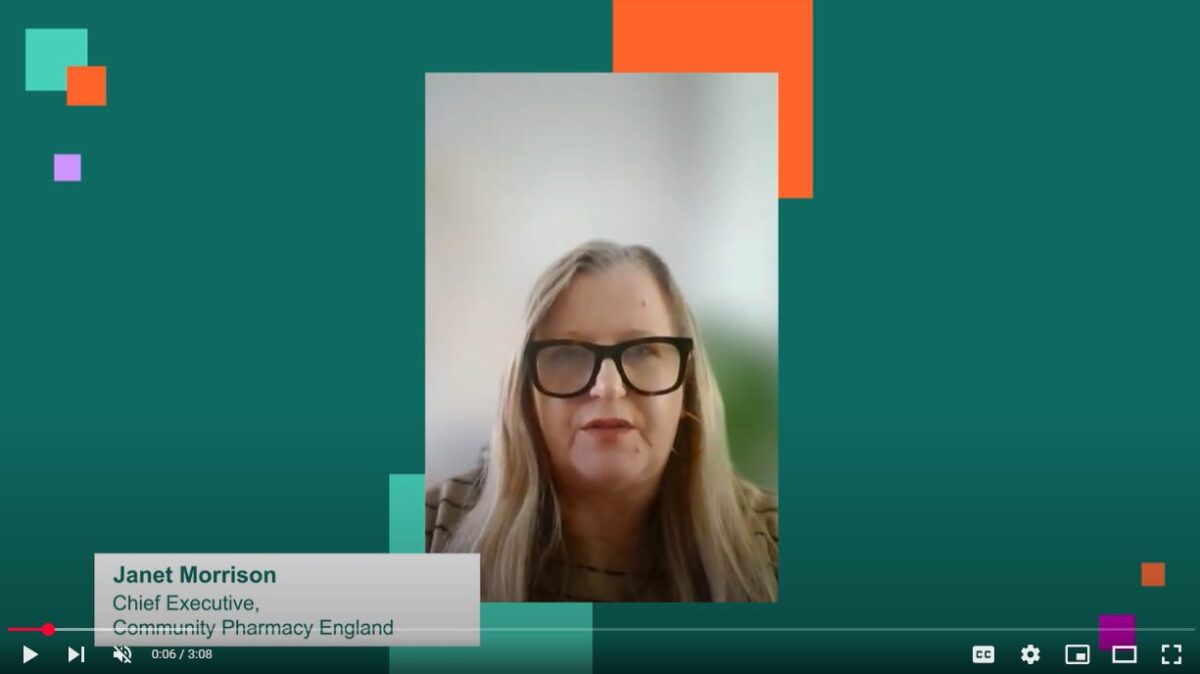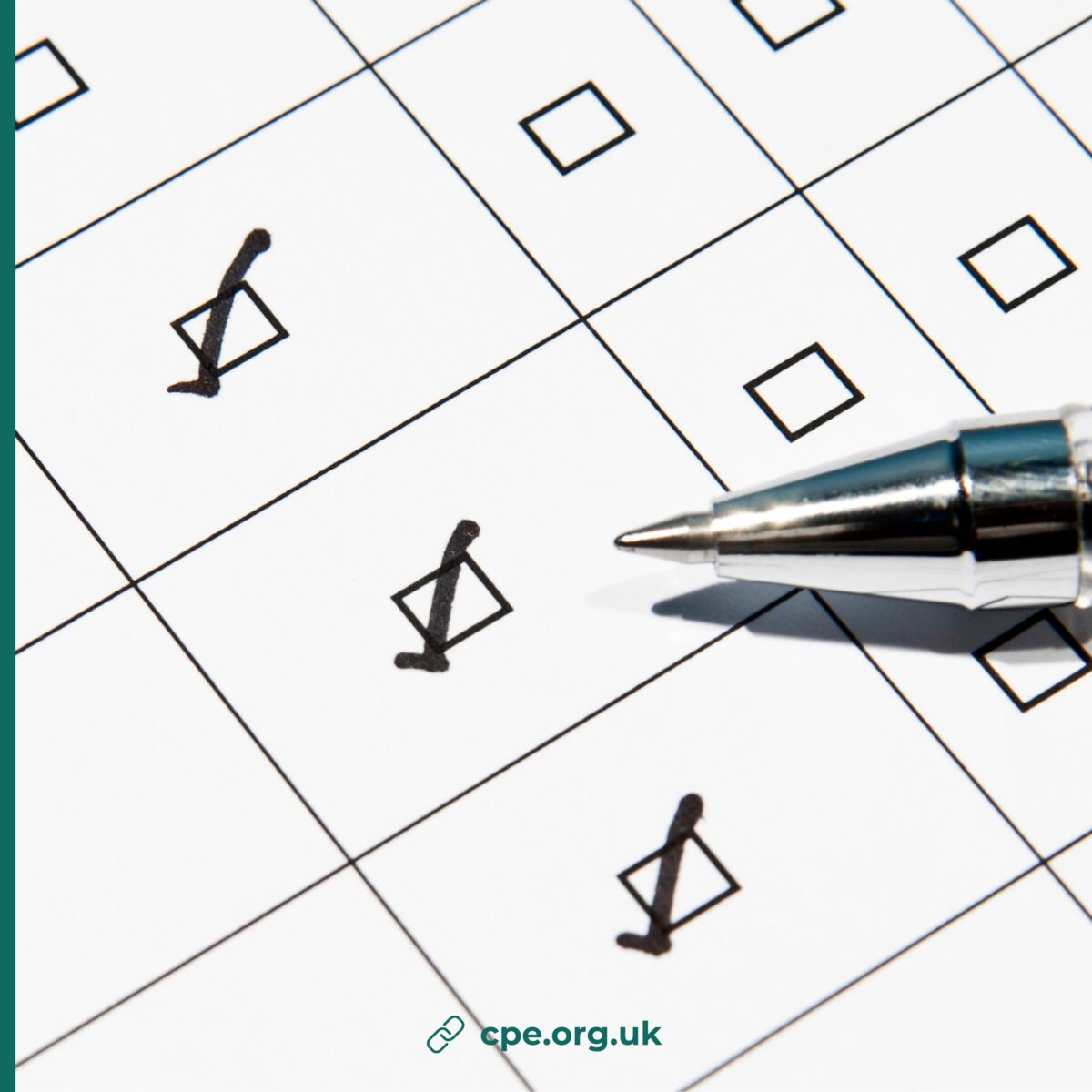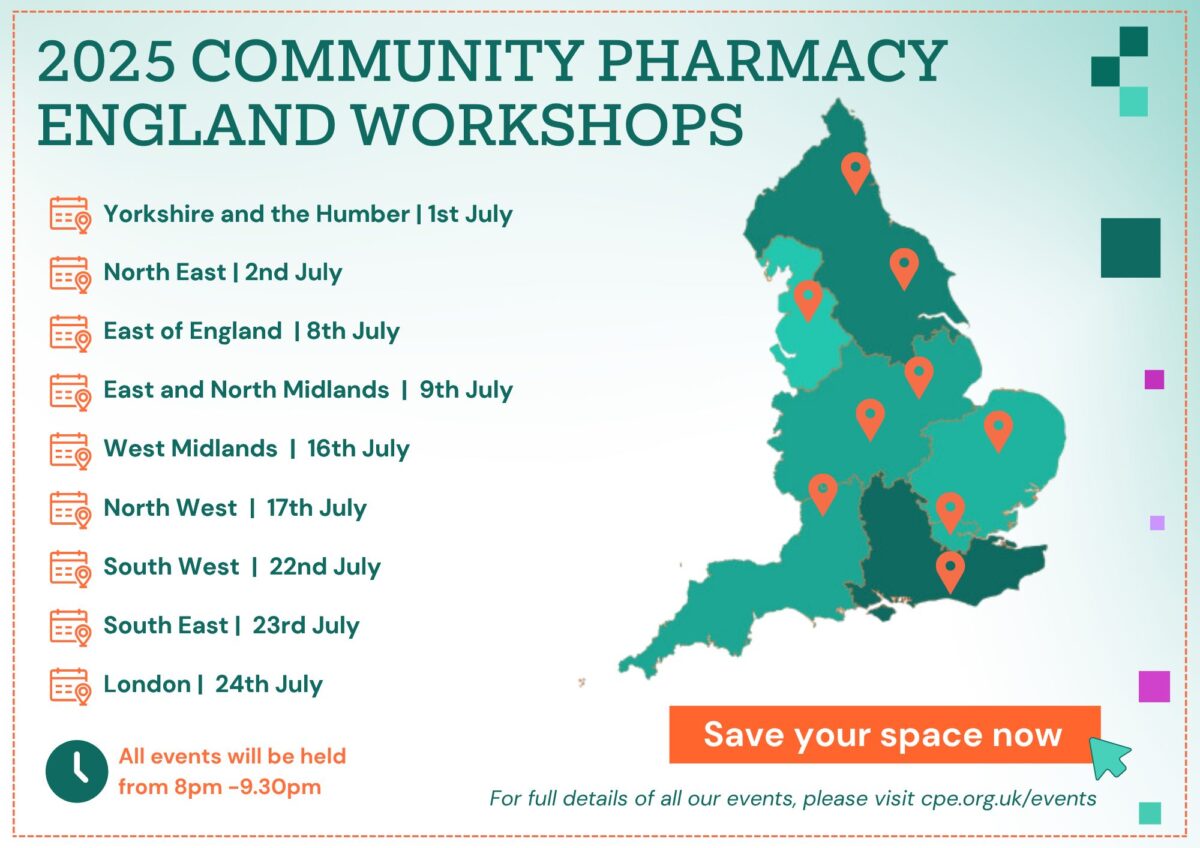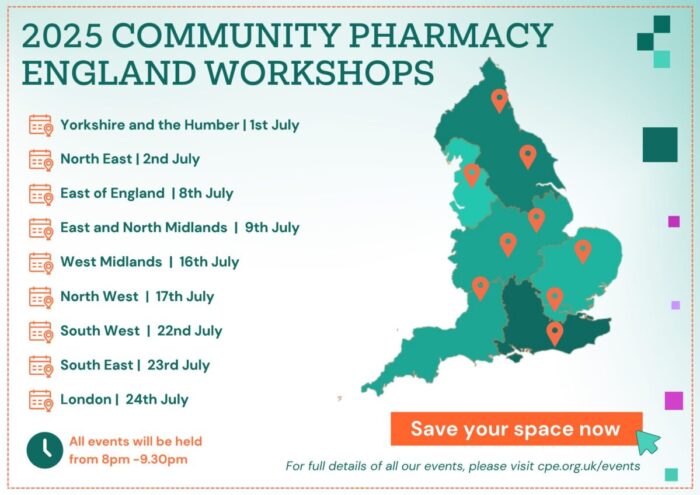The £645m – so what’s happening now?
|
|
By Stephen Thomas, Superintendent Pharmacist at Rowlands Pharmacy and Negotiating Team Member at Community Pharmacy England |
Last month the Government announced a £645m investment in community pharmacies to fund a Common Conditions Service and to support two existing pharmacy services. The detail is now being negotiated by us and officials at NHS England and the Department of Health and Social Care (DHSC). But what does that actually mean, and what progress are we making?
As a newly elected member of Community Pharmacy England’s Negotiating Team this year I’ve been living and breathing the answer to that question for the past two months. We’ve described the process – and outlined some of the issues we are working through – on our new infographic and you can see that it involves multiple jobs and workstreams all happening in parallel to one another. We have also set out for you what a typical week for the Negotiating Team looks like (see our new webpage on the negotiating process).
There is a lot of detail to be worked through and we are doing so at pace on our side, conscious that pharmacies need to start benefiting from this investment as soon as possible. But some of this we would not want to rush, and other parts are simply not within our gift to speed up. NHS England are working on topics such as the IT developments and service pathways – including with input from the Chief Medical Officer – and working at the pace that they can. And from our perspective given the long-term consequences of these negotiations it’s important that we get it right – nobody would thank us for rushing through and agreeing fees for services that are too low, or services that simply cannot be delivered, or to targets that are unattainable.
As a Negotiating Team we report back to the wider Community Pharmacy England Committee who will make any decisions needed and have oversight of our strategy and negotiating objectives. When we think we are getting close to a deal that works for pharmacy owners – or if we are struggling to reach an acceptable position – the full Committee meets to discuss progress, explore options and ultimately decide whether we have a deal or not. In just the same way, DHSC and NHS England have to report back to their masters – such as senior NHS officials, Ministers, and HM Treasury. Their objectives are to make progress on reducing the GP access crisis in a way that provides value for money for the taxpayer. Our objective is to get as much money flowing into pharmacies as possible from this opportunity, without adding further pressures. The challenge of the negotiations is to find the areas of overlap and a way forward.
I know many pharmacy owners wonder what on earth takes so long, but we are grappling with and debating some huge questions and difficult problems to try to make this work for pharmacies. Just some of the issues being worked on are:
- How will referrals to the new Common Conditions Service work and how does the service link with the Community Pharmacist Consultation Service (CPCS)?
- When is it best for the new service to start?
- What does this all mean for patient journeys and messaging?
- And what will pharmacy teams need to do – what treatments can they give, how is this paid for, how do they claim payments and record data?
- How will the new service be funded?
- How will we ensure these services don’t lead to an unmanageable increase in demand for pharmacy advice and services?
- What ambitions do we have for delivery levels and what is achievable for the sector within the current very pressured context?
Much of this, particularly on the funding side, is very hard to predict so we look at a range of financial analyses and models to reach a view. This is what we are working through now as quickly as we can. And all the while we know that the sector is continuing to drown as we and all pharmacy owners battle to keep their businesses and patients safe in the face of so many challenges.
I know there are some who think we should not be having these negotiations on the grounds that £645m is not enough to solve all our problems. No it isn’t enough, but £645m is a huge investment by any standards, and it’s also a start. Ministers are looking to pharmacy for answers and have shown us they are willing to pay for them: we need to keep building on that while also making very clear that if our core funding is not uplifted we won’t be able to keep solving problems for them. The job of the Negotiating Team is to get as much of this money into the sector as quickly as possible, without creating more work for pharmacies, and then to seek further investment. Our best chance of doing that is by being constructive and making the most of every opportunity for money that we are given, while also setting a clear vision for the future which Ministers can buy into: that vision work is already well underway.
If you have questions about the negotiations, please send them in to comms.team@cpe.org.uk and we’ll be happy to produce some FAQs. You may also like to watch Community Pharmacy England CEO Janet Morrison talking about this recently on our webinar too.









